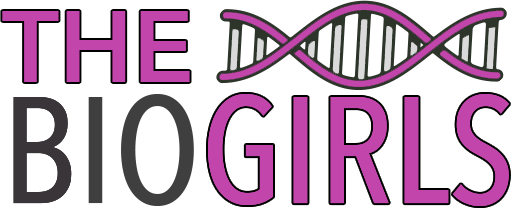Trying to stay organized can seem daunting, especially when life can be so hectic. There’s no one fix to the giant stack of papers on your desk, but there are some ways to make it easier. Most of us start organized and descend into chaos once our schedules fill up, but organizing materials from the beginning can make it a lot easier to get back on track. So where do you start?
Notebooks
For the lab, it’s nice to have a smaller lab notebook to carry around with you for all your experiments. Some labs will provide a standard-size notebook, but these can be a bother if you’re trying to conserve bench space. My personal favorite is grid-style notebooks since they allow for more flexibility in your work. Adding a table of contents at the beginning of your notebooks can also help tremendously. Number and date the page when you begin writing, and then add them to your contents table as you go. However, a good digital notepad app can also meet all these needs. One of my favorites is GoodNotes, which does cost $10, but it’s worth it if you love taking digital notes.
Planners
Having a way to keep track of all your meetings and experiments can be not only useful but necessary. Some online planners can work just as well, if not better, than a physical one (see those obsessed with Notion or Obsidian). However, some people prefer being able to bedazzle their planner or play around with the perfect bullet journal format.

Computer Files
Files can seem next to impossible to organize sometimes. It’s no fun when you know you have a file, but you can’t find it in your messy folder system. Instead, start by picking big categories (school, work, personal, etc) and break those down by year. Then, you can organize your classes by semester, class, and what kinds of materials the class includes (lectures, papers, homework assignments, etc). Research can be broken down into folders based on what kind of data/files you may end up with. This might mean different kinds of data, presentations, publications, etc. Eventually, it’ll turn into a big beautiful web of files that’s super easy to navigate. This can help tremendously if you ever need to share research with a collaborator or go back to an old homework assignment.
Binders
These can be useful for classes (if professors still print things) and jobs where paperwork is necessary. While a lot of work is moving digital, binders still come in handy for keeping stacks of paper off your desk.
Conclusion
While there’s nothing wrong with having a curated collection of sticky notes and haphazard paper mountains, it can make finding things an absolute nightmare. There’s no absolute cure for the chaos, but starting here will help keep you on track to staying organized in the future.











